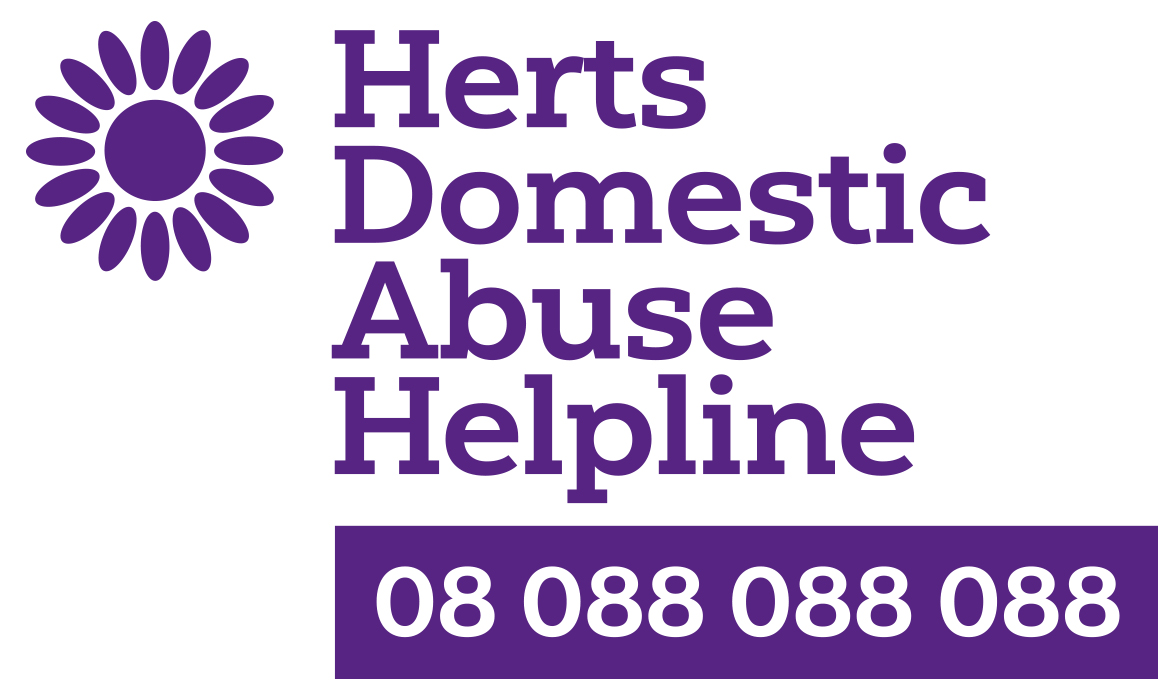In today’s media, it is hard to watch a month go by without seeing or hearing of toxic relationships - making appearances within books, tv shows, and movies. We are even seeing celebrity couples sharing their private experiences revealing how toxic their relationships really are after painting months or even years of what seemed to be “couple goals”. These relationships where both parties are emotionally, verbally, or even physically abusing their partners are now widespread and are almost being glorified and romanticized by the public and in particular, our younger generation.
But what does it mean to be in a toxic relationship as opposed to being in an abusive relationship?
Domestic abuse is any incident or pattern of incidents of controlling, coercive or threatening behaviour, violence or abuse between those aged 16 or over who are or have been intimate partners or family members regardless of gender or sexuality. There is typically one perpetrator and their victim and the aim for the perpetrator is to have as much control over their victim as possible. In a toxic relationship, dynamics shift, there is no clear villain, winner or loser which is what is often portrayed in the media and unfortunately this type of behaviour can be passed from one relationship to the next.
In a healthy relationship, everything works well. It is inevitable that you might disagree from time to time or face bumps in the road, but you generally make decisions together, openly discuss any problems, and genuinely enjoy each other’s company.
In a toxic relationship, you might consistently feel drained or unhappy, maybe the relationship no longer feels enjoyable, though you still love your partner. For some reason, you always seem to rub each other the wrong way or can’t seem to stop arguing over minor issues. You might even dread the thought of seeing them, instead of looking forward to it as you did in the past.
Depending on the nature of the relationship, signs of toxicity can be subtle or highly obvious. When you’re in the relationship, you might not always find it easy to notice the red flags popping up however, you could notice some of these signs in yourself or your partner.
Some of the signs include:
Lack of support / Toxic communication / Envy or jealousy / controlling behaviours / resentment / dishonesty or disrespect / unhealthy financial behaviours / constant stress / ignoring each other’s needs / lack of self-care / walking on egg shells / silent treatment.
There is also a common assumption that toxic relationships are doomed, but that isn’t always the case. Both partners must be willing to take accountability, hear the other one out and want to make a change, if only one partner is invested in creating healthy patterns, there is — unfortunately — little likelihood that change will occur.
Stina Sanders, relationship therapist says:
The majority of toxic relationships don't start at bad, which often leaves us hoping for it to go back to what it once was. But while we can all have hope that our partner will change their unhealthy patterns or that our toxic relationship will finally work, sometimes we need to zoom out and look at the relationship for what it is.
Ask yourself: in what ways is this relationship satisfying? Have I been assertive with expressing my needs and placing strong boundaries? Have I truly seen evidence that this person wants to change or are they expecting me to do all the changing? Am I creating an idea of who this person is or could be, rather than facing reality?
When it comes to relationships, hope can also masquerade in the form of repeated attachment patterns. For example, you may have experienced narcissistic or toxic abuse as a child and this familiarity of longing and hoping that someone will love us might feel comfortable and "normal". In turn, we continue our unhealthy patterns of behaviour and therefore accept unhealthy behaviours in others.
The specifics of a toxic relationship will look different to everyone. Not all toxic relationships are abusive, but the one thing they do have in common is that they make you feel bad. A relationship is meant to add to your life not leave you feeling hurt, confused, misunderstood, unseen, unheard, attacked or unsupported.
Though change is possible for anyone, you can't make your partner change. You can only change your actions and behaviour. Your partner has to choose change for themselves and take action. When you and your partner both want to create change, a relationship therapist can help you begin to identify underlying factors contributing to relationship toxicity and explore healthy, compassionate approaches to communication and problem-solving. If however, your partner refuses to change, doesn't take accountability or continues their unhealthy patterns of behaviour that continue to hurt you, sometimes the only thing you can do is walk away."

